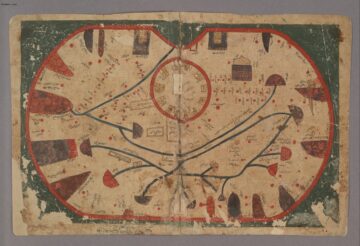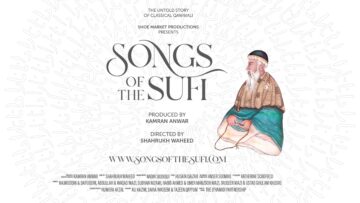- Talks and Lectures
Scholars, Apostasy and States in Medieval Islam: Historiographical and Juridical Issues

-
Status
Applications Closed -
Date
17 Jun 2021 -
Location
Online
During the medieval period, theʿulamāʾ had a prominent social status in Islamic dominions and were often closely connected to the sources of political power. Yet, the historiographical sources report cases of Muslim scholars accused of apostasy and executed, thus providing examples of highly unusual socio-religious circumstances in which arbiters of good belief were themselves subjected to the ignominy of breaking with it. Contemporary scholarship has favoured narratives of “murder” and “martyrdom” as two explanatory paradigms to study famous cases of scholarly apostasy. While these categories can reveal the strategies of the medieval historians who crafted iconic figures (martyrdom) and emphasized political antagonisms as the cause of the accusations and executions (murder), they fall short of explaining the myriad of social, religious and political processes at stake.
Through the examples of ʿAyn al-Quḍāt al-Hamadānī and Shihāb al-Dīn al-Suhrawardī this lecture will first present how the authors of literary sources of history constructed their narratives of scholarly apostasy in accordance with their own sectarian and political affiliations. It will then present the juridical procedure at play when scholars were accused of apostasy.
Image: Citadel of Aleppo, 1936
Date: 17 June 2021
Time: 2.00 pm – 4.00 pm GMT
Location: Online (Zoom)
Q&A: At any time during the lecture, attendees can submit questions to the speaker through the Q&A option at the bottom of the control panel. As time allows, the speaker will address as many questions as they can during the Q&A session at the end of the presentation.
Discussants: Dr Fârès Gillon (The Institute of Ismaili Studies, UK), Dr Christian Sahner (Oxford University).
Speaker

Dr Salimeh Maghsoudlou
Dr. Salimeh Maghsoudlou is a SSHRC postdoctoral fellow at the Institute of Islamic Studies at McGill University. She specializes in classical and post-classical periods of medieval Islam with a focus on Islamic thought, cultural history, and development of scholarly disciplines. Her research explores the interrelationships of Sufism, theology and philosophy and the social implications of scholarly practices. She has a Ph.D. in Islamic Studies from École Pratique des Hautes Études. Her dissertation on ʿAyn al-Quḍāt al-Hamadānī’s intellectual system was awarded the best dissertation of the year 2016 on a topic of Iranian Studies by the Foundation for Iranian Studies.






